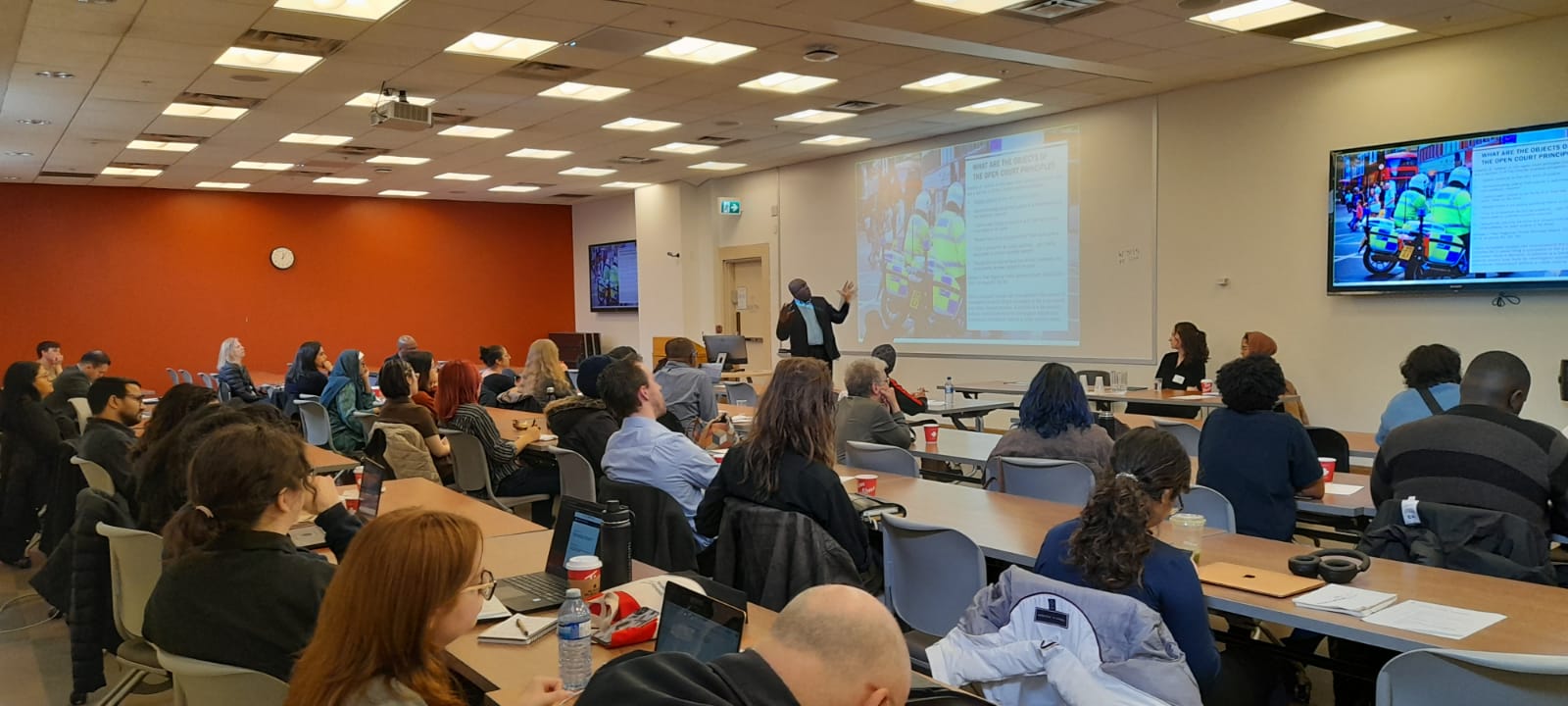On Friday, April 25, the Centre for Criminology and Sociolegal Studies (CrimSL) hosted approximately 60 attendees for the 2025 Graduate Student Conference: The Politics of Resistance and Belonging. This one-day event showcased 24 presentations by graduate students and recent graduates from universities across Canada as well as the UK and Italy.
![]() See the full conference agenda here.
See the full conference agenda here.

Organized into nine thematic panels, the presentations explored a range of topics related to the conference theme — from “structural violence” to “public health equity” to “discourse and identity formation” — employing a variety of theoretical and methodological approaches. Overall, the conference provided a meaningful space for reflection, dialogue, and collaboration between students within and across different fields. Many attendees remarked on how valuable the experience was for their research and academic development.
In addition to student presentations, the conference also featured several networking opportunities, opening remarks from Centre Director Professor Kamari Clarke, and a powerful closing keynote from Professor Angelica Pesarini of the Centre for Diaspora and Transnational Studies. Her keynote, titled “Bella ciao. From Gaza to Addis Ababa: Politics of Resistance in the Black Mediterranean,” offered a narrative exploration of politicized existence and resistance in the racialized Mediterranean, synthesizing both history and current events through the conceptual lens of the anti-fascist anthem “Bella Ciao.” The presentation concluded with a moving video interview and performance of “Bella Ciao” featuring Ahmed Muin, a Palestinian music teacher based in Gaza. The keynote concluded with a lively Q & A moderated by Lisa Ariemma.

The conference organizers were deeply impressed by the depth, care, and creativity reflected in each presentation — and inspired by the collaborative spirit that shaped the day. They thank all who attended, presented, and supported this year’s conference.
The organizing committee gives special thanks to a team of event volunteers from CrimSL graduate programs, including Sara Ali (PhD student), Madison Hovey (PhD student), Jada Lam (MA student), Ashley Phan (MA student), and Kyra Maloney (MA student).

About the Organizing Committee
The conference was organized by CrimSL PhD students Lauren Borders and Lisa Ariemma, along with CrimSL Junior Fellow Kate Mitchell.

Lauren Borders (she/her) is a PhD student in the Centre for Criminology & Sociolegal Studies with a collaborative specialization through the Women & Gender Studies Institute (WGSI). Prior to arriving at the University of Toronto, she worked for several years in policy and campaigning across a variety of issue areas, including healthcare equity, international aid, and political elections in the US and the UK. Her research focuses on the gendered and human rights consequences of punitive drug policies. She is also a volunteer with the International Drug Policy Consortium and a trainee at the Ontario Drug Policy Research Network.

Lisa Ariemma (she/her) is a PhD student in the Centre for Criminology & Sociolegal Studies with a collaborative specialization through the Centre for Diaspora and Transnational Studies and a fellow at the Evasion Lab. Her work focuses on citizenship, democracy and migration issues. Published in journals such as Research in Social Movements, Conflicts and Change, she has participated in conferences and festivals in Europe, North America and the Middle East. She devotes volunteer hours assisting people in transit in border areas.

Kate Mitchell (she/her) is a doctoral candidate in the Faculty of Law at the University of Toronto and a Junior Fellow at the Centre for Criminology & Sociolegal Studies. Her current research looks at how to develop a legal framework to protect the rule of law in prisons. She worked as a criminal and prison lawyer between law school and graduate studies. Now, Kate volunteers with the Canadian Prison Law Association, advocating for prisoners’ rights. She has prepared the organization’s intervention submissions for two cases that went before the Supreme Court of Canada and various submissions responding to legislation impacting prisoners’ rights.


